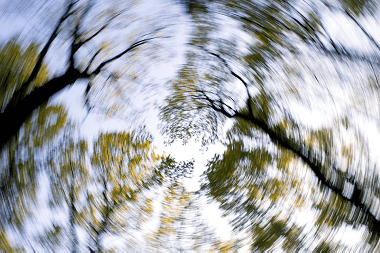Neurological diseases >>>> What is neuronite?
What is neuronite?

Viral infections are neurotropic in nature often and can affect nerve fibers. Such lesions include damage to the vestibular nerve - the nerve responsible for the innervation of the vestibular apparatus. Dizziness is a characteristic feature of vestibular nerve damage. This painful condition is called neuronitis - vestibular dizziness (vestibular neuronitis, cochleovestibular neuronitis). Sometimes the cause of neuronitis is damage to the brain stem or cerebellum, which regulates the vestibular analyzer.
The disease neuronitis can develop at any age and refers to infectious or allergic complications. A common respiratory infection can cause damage to the vestibular nerve.
Signs of vestibular neuronitis:
- Dizziness when moving the head or eyes,
- It seems to the patient that the surrounding objects revolve around him,
- Nystagmus (rapid movement of the eyes from side to side),
- Nausea and vomiting,
- Impaired coordination due to dizziness,
- With vestibular neuronitis, auditory analyzers do not suffer.
When making a diagnosis, one should distinguish between dizziness associated with circulatory disorders of the brain and disorders in the vestibular apparatus.
Treatment of vestibular neuronitis requires the use of vestibulosuppressants - drugs that inhibit the activity of the structures of the vestibular analyzer. These include anticholinergics, benzodiazepines, and antihistamines.
Along with vestibular suppressors, antiemetics are taken.
Drug treatment is used for no more than three days.
A patient with neuronitis is shown rest and, if necessary, bed rest.

Read

Read



























